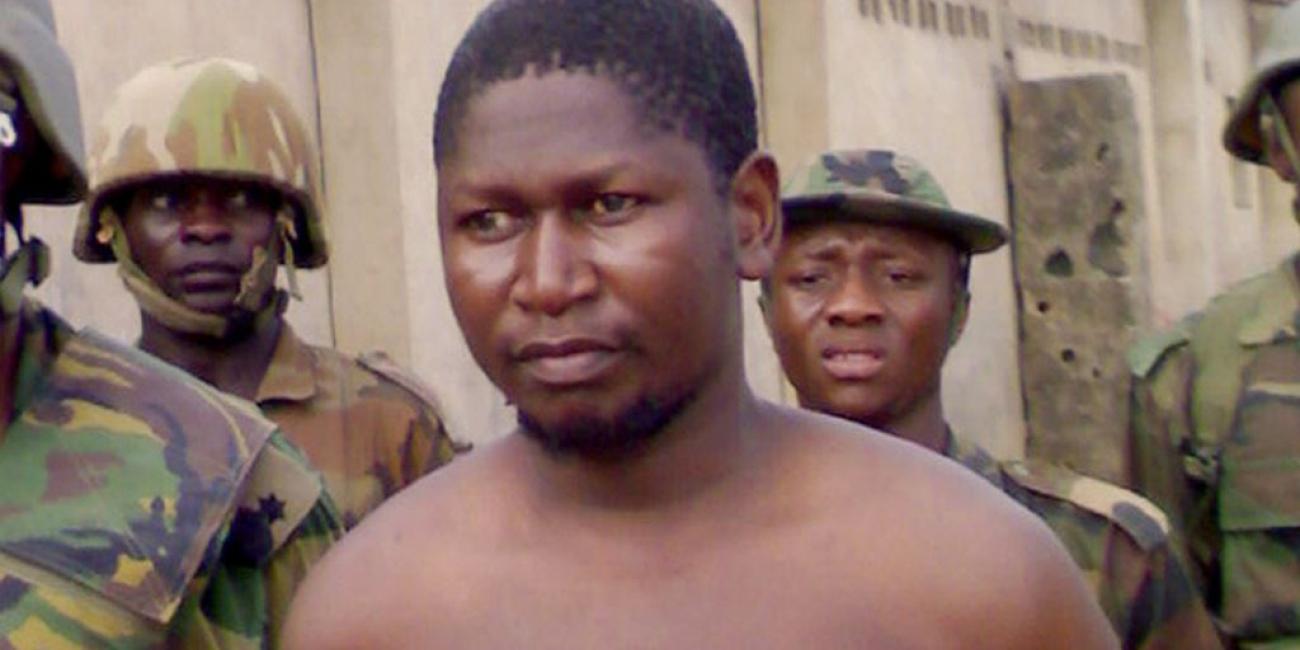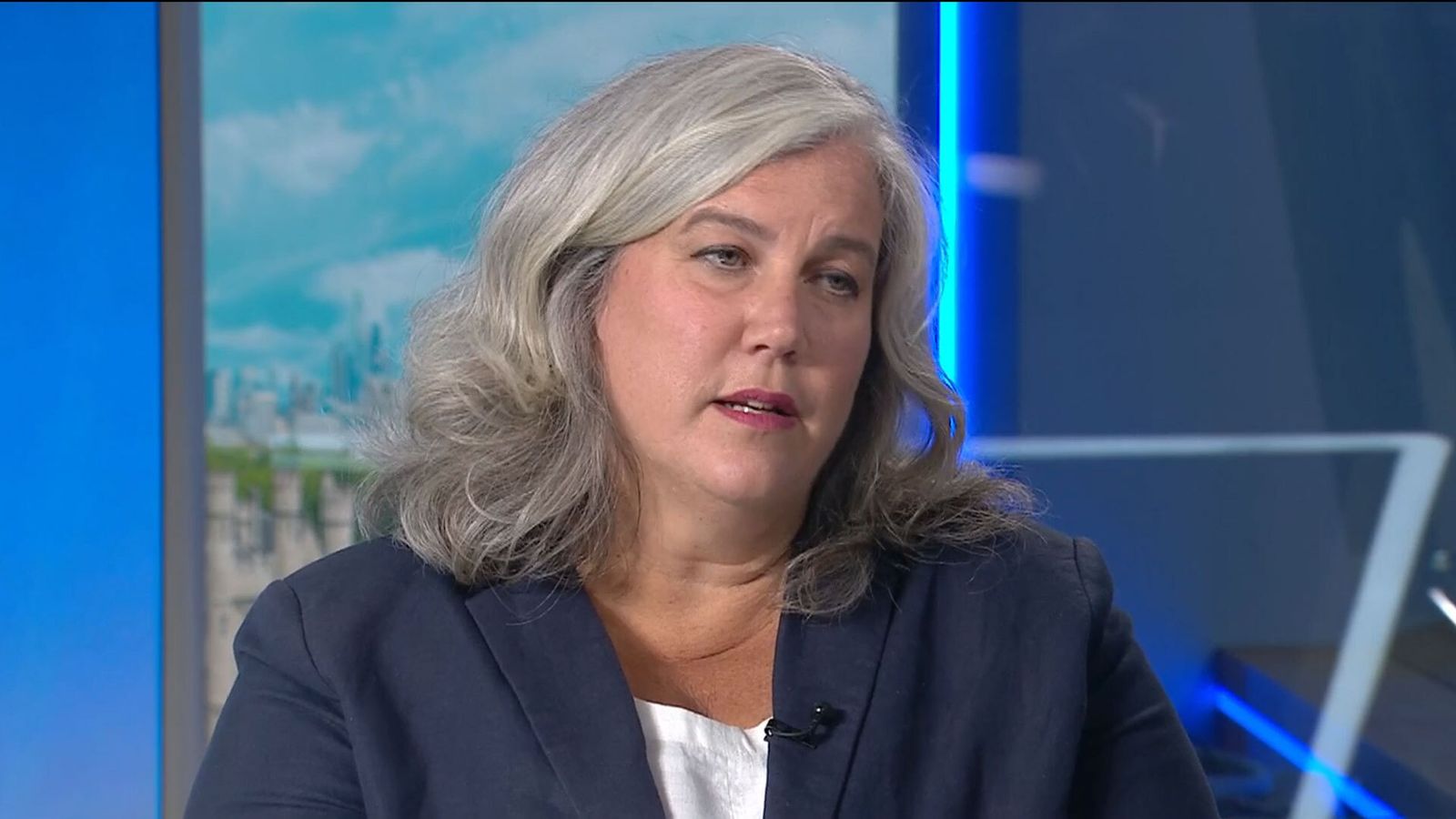Home Of Late Boko Haram Founder, Mohammed Yusuf In Borno Becomes Criminal Hideouts After 14 Years’ Neglect
Boko Haram terrorists fired the first shots that put Nigeria on the map of global terrorism in the markas.

he abandoned home and administrative headquarters (markas) of Boko Haram founder, Mohammed Yusuf, near the Railway Terminus in the heart of Maiduguri, Borno State, has turned into criminals ' hideouts and threat to the community.
Boko Haram terrorists fired the first shots that put Nigeria on the map of global terrorism in the markas.
The relic was once Yusuf's sacred shrine, which was demolished by authorities in 2009, shortly after he and his followers declared war on the Nigerian state, claiming thousands of lives and counting.
According to Daily Trust, 14 years later, the ruins of the markas, which house criminals and have no idea what the government intends to do with the area, remain a haunting landmark for families of those killed in the insurgency.
When Daily Trust visited the area on Saturday, residents complained that criminals had taken over the demolished markas and were terrorising passers-by, mostly at night.
Sadiq Ibrahim, a resident, complained that the area's major challenge was moral decadence among youths and children, which he noted was breeding another nuisance.
He said, “You will see little boys with bad haircuts, some taking drugs and attending night clubs and all of that.
“Once it’s 8pm, people don’t follow the markas area because hoodlums will attack you and seize your valuables. That’s why many people are calling on the government to build a school there.
“But for me, let the government establish a company that will employ the youths to take them off drugs and other social vices. If you establish a school there, many of us that still live with the trauma of what happened will be afraid to send our children.”
Another resident, Bakura Modu, stated that the markas boys targeted evening and night commuters near the enclave's sharp bend.
He said, “They lurk around the rubble of the structure to take drugs, smoke Indian hemp and attack people. Not quite long, they attacked a man and injured him.”
Adam Tela, a resident, said, “They will brandish a knife and ask you to surrender your belongings. If you resist, they will injure you and take what they want. My house is nearby but I always make sure I go back home before 5pm.”
Falmata (21) said the miscreants also harassed women.
She said, “I don’t want to talk about this, but there is a need to clear the place. They once collected my phone and money. They have done this to some of my friends and to many visitors. They are committing many atrocities.”
Babagana Makinta, a community leader, lamented that the area had become a hotbed of criminal activity and urged the government to establish a school there.
Makinta said, “The genesis of the Boko Haram crisis was lack of good education. Most of the people that joined the sect were illiterates who lacked backgrounds of both religious and Western education.
“We thank Gov Zulum for constructing roads and boreholes close to the area for the traumatised residents to rebuild their lives, but we don’t have a good school; which is very critical considering the situation we are in right now.”
Muhammad Bukar, who was born and raised in the area, also commented on the situation, saying he did not go into exile during the crisis.
He said, “I stayed back even when people deserted this place. The only time I slept outside my house was when a deadly attack caught up with me in the town and a curfew was imposed. That was how I spent two days in my friend’s house.
“Now, the Boko Haram crisis has ended and peace is gradually returning. That is why we want the government to pay much attention here.”
He noted that apart from the criminals that constituted threats around the markas area, a night club was booming close to the place and had been a bad influence on many youths.
He further said, “We want the government to intervene and relocate them elsewhere because it’s ruining the characters of our young girls while feeding the markas area with criminals.
“Not only the markas, we also want the government to convert the moribund railway station to a hospital or police station so as to avoid a repeat of the situation we found ourselves in.”
Chukwuemaka Emmanuel Ani, another resident who has a school in the area teaching Western and Islamic education, said, “If we educate them and disabuse their minds, they would be the ones to help us in future.”
Baba Usman Mele, a security guard at the railway station, described the situation as terrifying and that it needed urgent action.
He said, “We have had enough from 2009; blood spilt everywhere. Our women, children and many breadwinners were caught up and died in that avoidable crisis.
“We have really suffered. There is no resident in this area that does not have a bitter story to tell. We all went into exile but returned later when the situation subsided because this is the only place we call home.
“We are appealing to the government to come and do something here.”
When asked whether they have reported the ugly trend to the government, he said, “We have not because most of those doing these things are not strangers. They live with people here as good people in the day and turn into monsters at night.”
When contacted, the police spokesman in Borno State, Muhammad Shatambaya, said they received complaints from residents of the area when the new Commissioner of Police (CP) arrived in Maiduguri and that they made some arrests.
He said, “Our surveillance team went into the place and made arrests. Some were paraded while others were taken to court.
“I’m also calling on the residents to contact us through our control room numbers whenever they need our help.”
-sahara reporters







